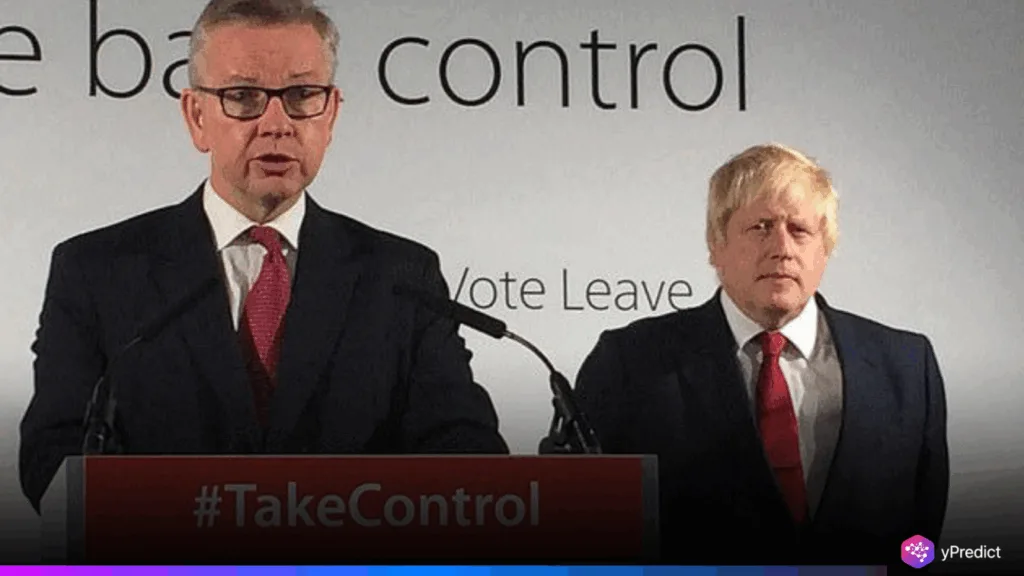
Former UK Education Secretary Michael Gove has warned that the rise of generative AI tools like ChatGPT is fueling an “epidemic of cheating” in schools and universities. Speaking at a recent education conference, he argued students don’t need more digital skills. They need a rigorous academic education to develop critical thinking and integrity. Gove called for a return to handwritten essays and oral exams as the surest test of true ability, stating that AI enables students to appear knowledgeable without actually learning. “A well-stocked mind,” he said, is the best defense against misinformation and manipulation in the AI age.
Academic Rigor Over Digital Fluency in the AI Era
Gove asserted that children already possess ample digital skills, which they acquire outside of school, and argued it’s misguided to focus classroom instruction on them. Instead, he called for deeper grounding in traditional academic disciplines like mathematics, literature, and history. He claimed that these instill the discernment and mastery necessary to responsibly harness AI, rather than misled by it. “It’s better to live in the world of Pythagoras than Pokémon,” he said, taking aim at modern education trends that favor tech over timeless knowledge.
The rise of AI tools, according to Gove, is eroding standards in higher education. He claimed increasing volumes of coursework are now AI-generated, lacking any real scholarship or critical analysis. Such tools as ChatGPT allow people to create polished assignments without having to put much effort into achieving the real meaning of learning. He therefore opposed the shift to digital platforms of assessments, citing that it allows for easy cheating and deceiving the academic integrity.
Gove on the contrary encouraged written essays and verbal exams as indispensable protection. He opines that such techniques instill discipline, depth, and authenticity in student work, all of which are important and cannot be relegated to machines. “Mastery through patient practice” is what prepares young people not just to resist AI’s shortcuts but to use the technology thoughtfully and ethically.
Warning Against AI’s Role in Undermining Education Standards
Gove’s remarks reflect growing concern that AI is transforming education in dangerous ways. While AI offers tools for research and personalization, it also makes cheating more accessible and less detectable. Gove warned that AI-generated content, which mimics human work but lacks intellectual substance, is at risk of overwhelming the education system.
He criticized the trend of minimizing knowledge acquisition in favor of internet access. “The progressive educational argument is that since all the information is online, students don’t need to know as much,” Gove said. “The opposite is true.” With AI capable of generating persuasive but incorrect or misleading answers, students need strong foundations in logic, context, and critical evaluation to tell fact from fiction.
He also pointed out that education not only has to educate students on the ways of using such tools as AI, but it also has to teach students to question the information that it gives them. The classic education model and its focus on reading, writing, and live discussion, in the mind of Gove, actually enable students to have what they actually require to negotiate and hold back the products of AI. Ultimately, he believes that AI’s rise doesn’t make traditional learning obsolete; it makes it more urgent. “Who would have thought that this technological revolution would remind us that traditional teaching is the best?”
AI Sparks Call for Educational Integrity Reset
According to the critique by Michael Gove, one of the main aspects of tension in modern education is finding the balance between innovation and integrity. He does not regard AI as an educational improvement but rather as a task requiring more intensive going back to basics. Being that the popularization of AI tools is creating confusion between knowledge and fake fluency, Gove is suggesting that educational establishments should redouble their efforts to ensure students learn to think and not to type. To him, a handwritten essay, an oral exam, and an excellent academic base are the best tools that guarantee that students will learn in earnest.






